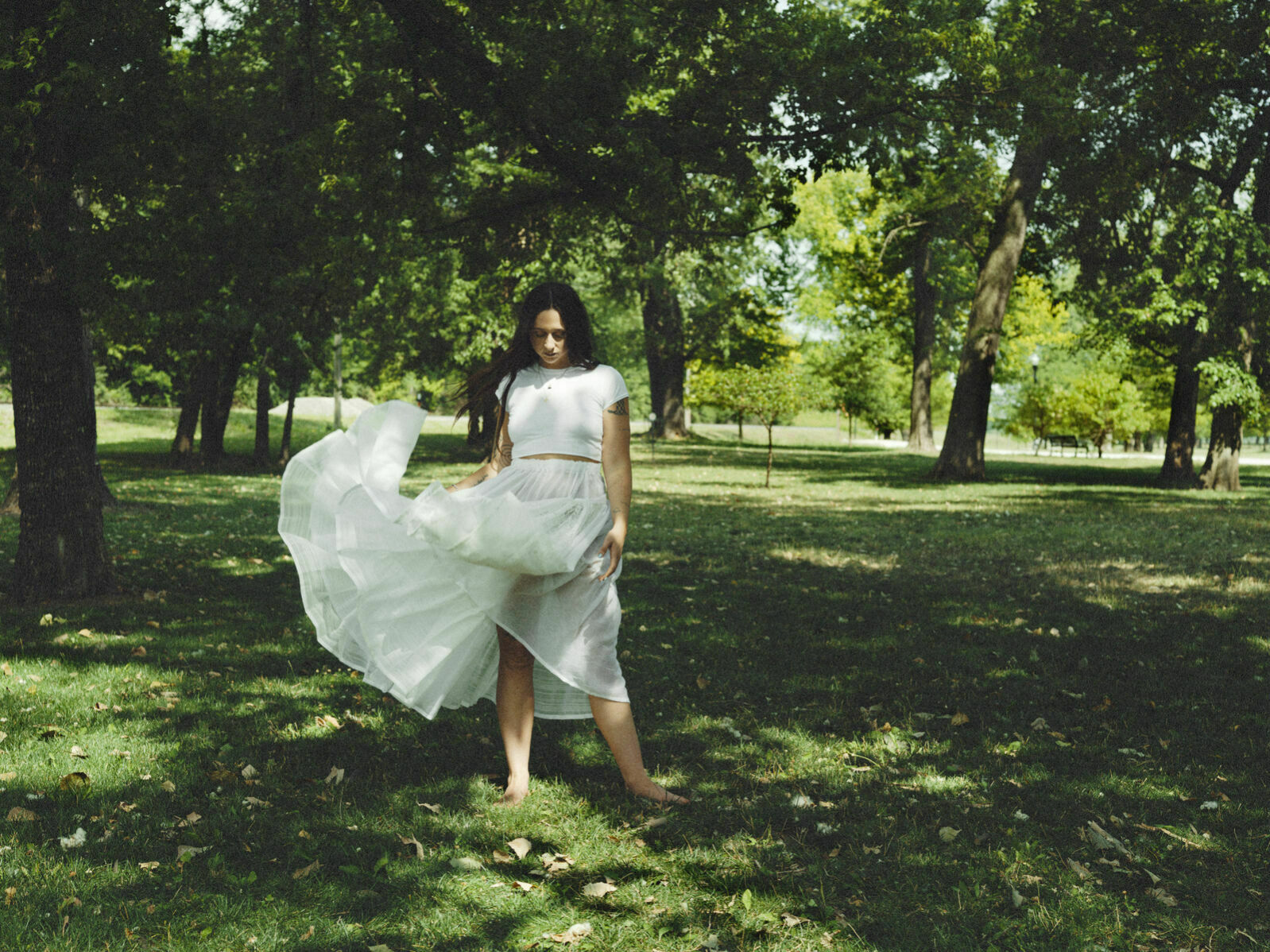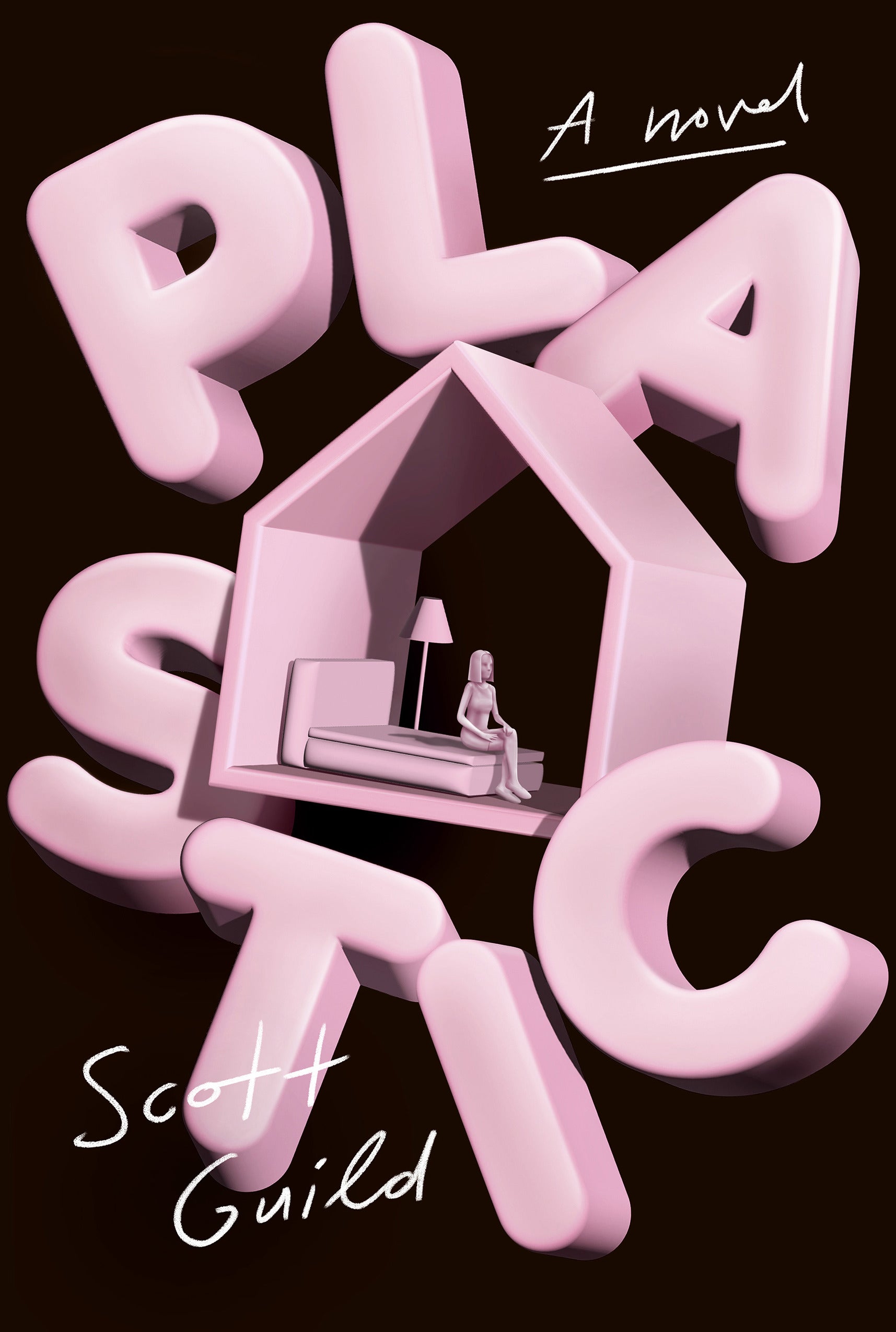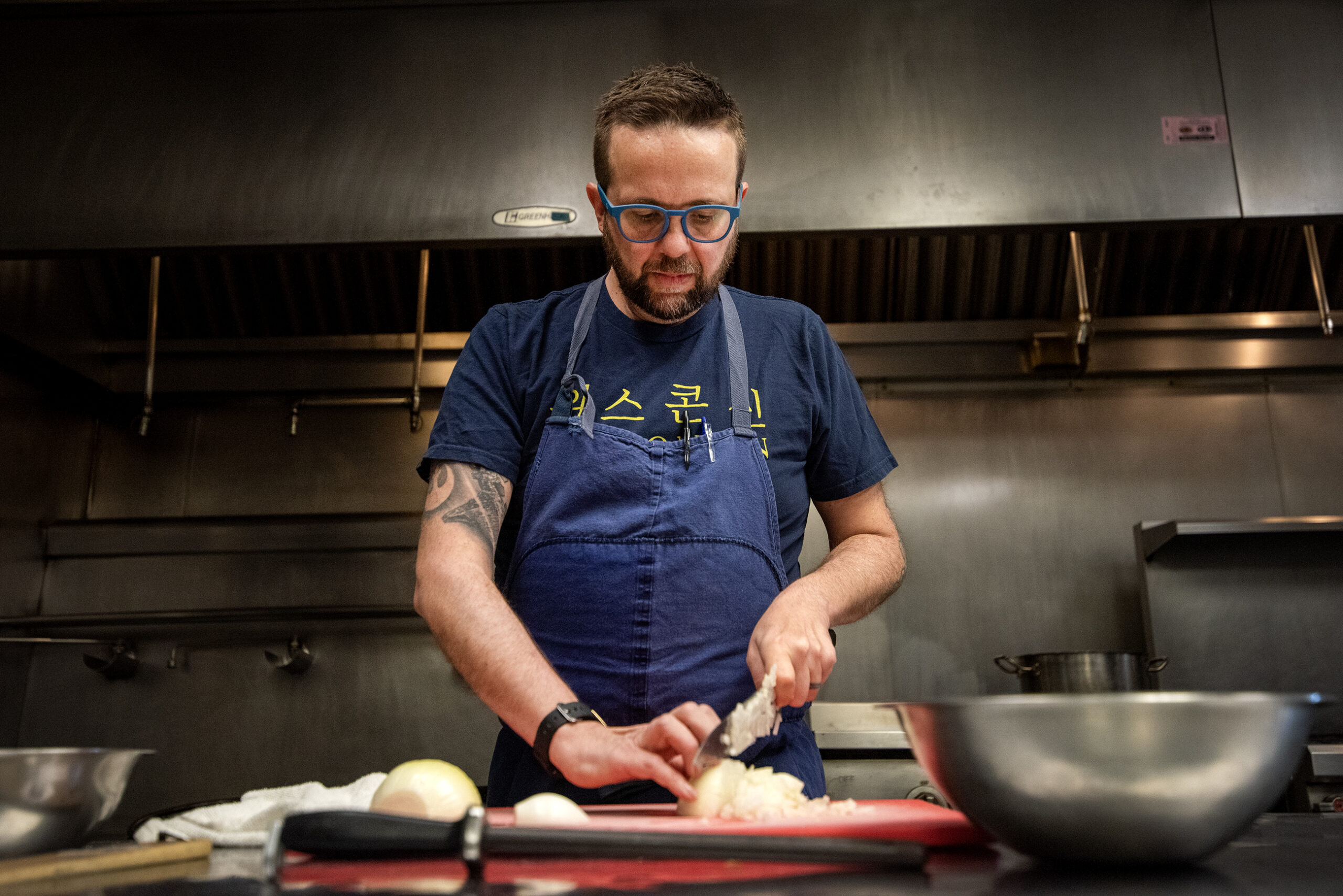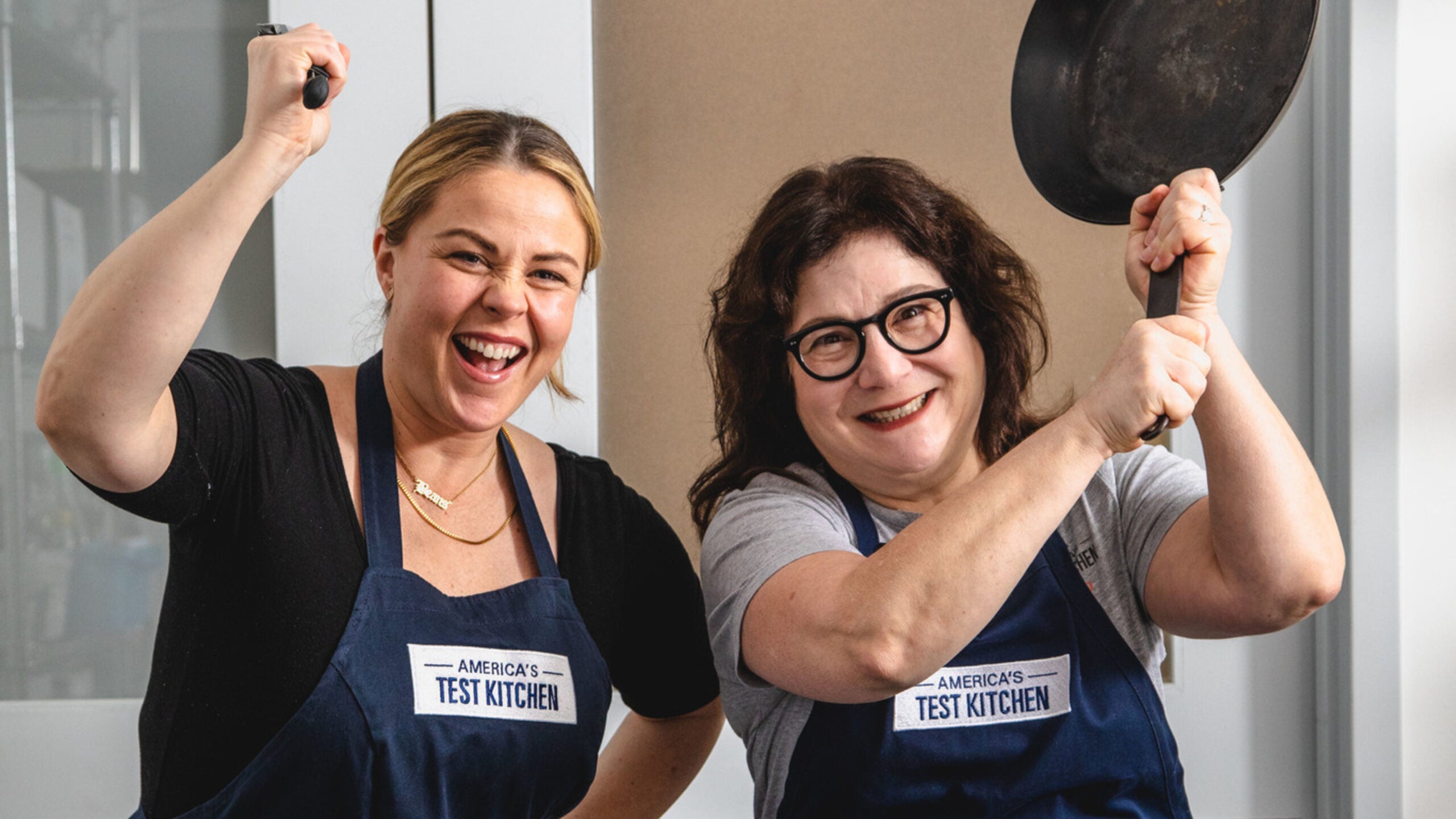I spent a good deal of my childhood in and around the Yellow Farmhouse, home to Marie Briggs and Floyd Bentley two hundred yards from the town line and just off the main road. It had a green metal pump in the sink for water, an outhouse, three barns, one silo, a milking cow, a donkey, six workhorses, a corn crib, and a green Kalamazoo wood cookstove. Marie baked and sold her cookies, pies, and breads locally plus she put up three meals per day for the farmers including Charlie Bentley and farmhands including Opie and Herbie, who froze to death years later asleep in the front seat of a dump truck in Rutland.
After spending weeks at home in quarantine, along with the rest of America, my thoughts have started turning to a simpler life. I once drove across country in a 1961 VW and broke down in Salinas, Kansas. Going from 70 mph (with the wind at my back) to zero was a similar experience; the wind rushing by the window and then nothing but lazy heat and slow talk from a garage mechanic.
I suspect that traveling the world is an effort to discover how other cultures coax meaning and satisfaction from the ordinary. In Japan, chefs agree that sushi is about the rice, not the fish, and it takes decades to master its cooking and shaping; in Oaxaca, turning corn into masa, pressing it into tortillas and then cooking them on a comal is a form of performance art, not a chore; and I met a woman in Taipei who had spent 40 years mastering the art of scallion pancakes with her mother still looking on.
Stay informed on the latest news
Sign up for WPR’s email newsletter.
It’s tempting to romanticize a life lived close to the bone. The line between a character-building experience and suffering is not easily marked. Nobody I know would feel enlightened having no money for rent or food. Somebody else’s suffering always appears more spiritual than ours.
But, of late, we all have had time to slow down. I grew up in a family where work was the coin of the realm. Give me a shovel and eight hours and let me see what I can do. (Most of what I did was shovel cow manure.) I don’t enjoy resort vacations; I would vastly prefer to help out in the kitchen, even if it’s just peeling potatoes. Put me on a beach and I will be ready to go home before lunch. For me, the simple life does not mean a life of leisure.
It may mean a life of fewer things. This spring, I suspect that, instead of shopping, we all have spent long happy hours chatting with friends and family, perhaps enjoying a virtual cocktail hour or game night. I bought a bunch of Golden Books for our son, Oliver, and we read and reread I’m A Truck, The Three Bears, and Treasure Island.
For most of human history, life has been simple and, to be fair, harsh. Even growing up in the fifties, we rarely traveled as a family, my mother drove a beat-up VW Station Wagon and we ate out a half dozen times per year, the Chinese restaurant in the strip mall the time-honored destination. It was not because we could not afford more entertainment, it just never occurred to us that this was a good idea. My parents’ generation was shaped by the Depression and WWII; my mother worked at a wire factory in upstate New York during the war years and my father was busy jumping out of planes behind enemy lines over Greece. They were not looking to ornament their lives with stuff; they simply recycled the old-fashioned way: paper grocery bags became book covers or Halloween masks, kitchen sinks had soaking tubs for dishes, coffee tins were pressed into service as containers for nuts and bolts, and the second or third child wore and played with hand-me-downs.
Maybe that is why I have always loved the kitchen. It is a simple room with a clear purpose. Food. Knives. Heat. It’s not complicated and yet cooking encompasses almost everything we cherish about the human condition: work, community, family, parsimony, and sustenance.
The philosophical question, however, is thornier. If we have the opportunity to live a life of material excess, can we choose to reverse direction? One looks to Henry David Thoreau who spent two years in the 1840s in his famous cabin on Walden Pond. He championed the simple life, abandoning waste to discover truth. Yet, his experiment was short-lived; three years later he moved into a large, freshly built colonial at 225 Main Street in his hometown of Concord. The cabin was an adventure, not a commitment.
So perhaps we are in the midst of a national spring cleaning, deciding what to keep, what to discard, and what to recycle. Leave it to Shakespeare to say it best, “Or, gaining more, the profit of excess is but to surfeit, and such griefs sustain, that they prove bankrupt in this poor-rich gain.”
Wisconsin Public Radio, © Copyright 2024, Board of Regents of the University of Wisconsin System and Wisconsin Educational Communications Board.





